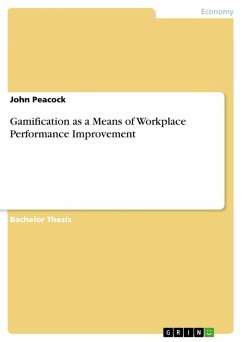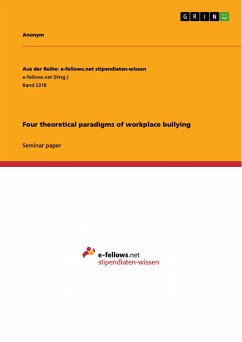Bachelor Thesis from the year 2015 in the subject Leadership and Human Resources - Miscellaneous, grade: 2,3, University of Applied Sciences Berlin, language: English, abstract: This thesis explores how gamification might be implemented to lessen the problems associated with of the Dunning-Krüger Effect and Imposter Syndrome within commercial organizations.The thesis attempts to discern if and to what extent gamification can be used as a systemically integrated concept to provide superior training opportunities and facilitate an open, unbiased feedback culture within organizations with the goal of alleviating the previously noted metacognitive deficiencies. Moreover, successful implementations of gamification are reviewed to determine whether or not they are useful in achieving these goals of providing better, more frequent performance feedback and training opportunities to employees.The specific research questions are stated clearly as follows: Can gamification prevent or remedyproblems associated with the Dunning-Kruger Effect and the Imposter Syndrome? If yes, which elements of gamification are helpful in achieving this goal? What inherent risks exist in doing so?








